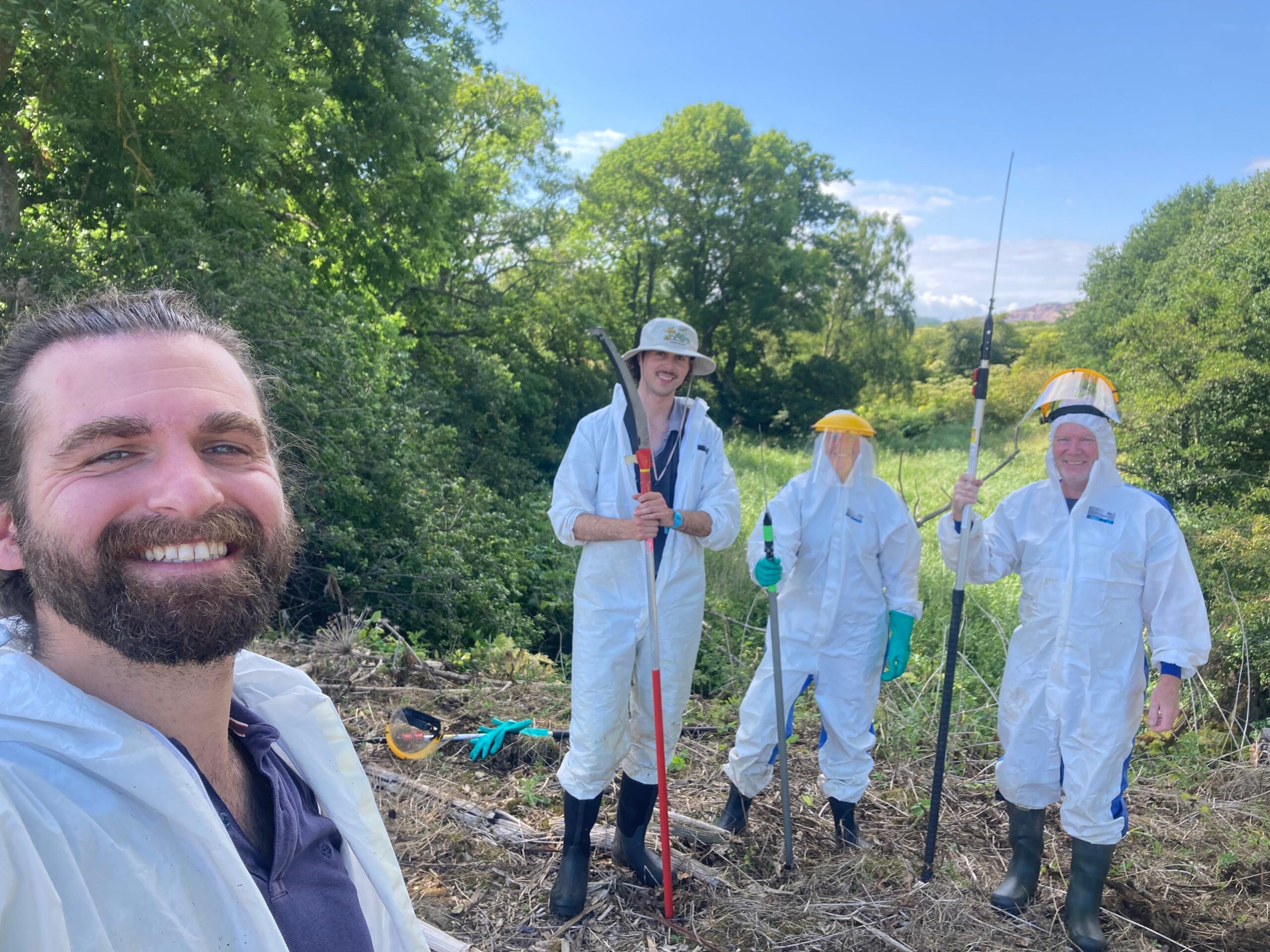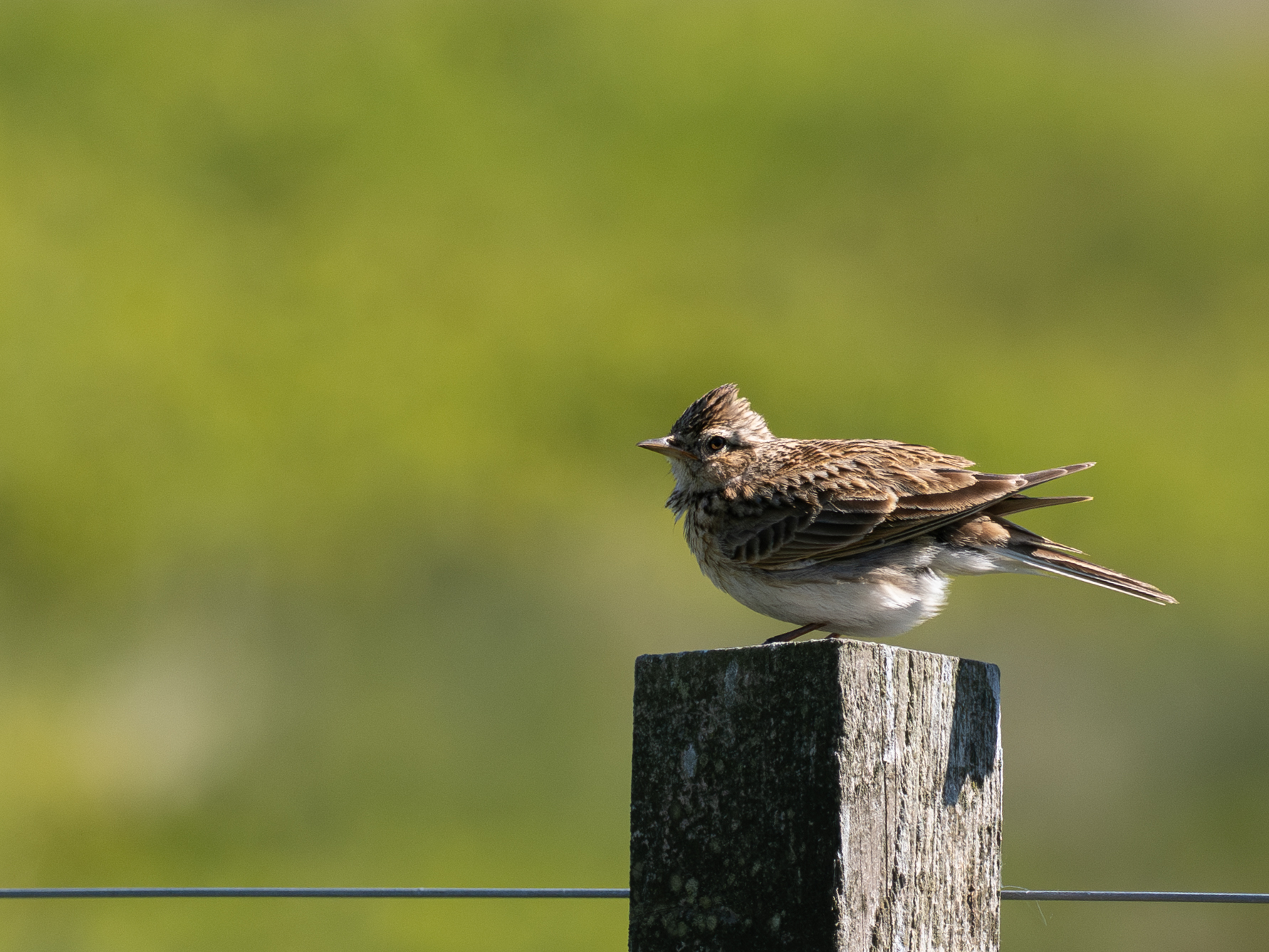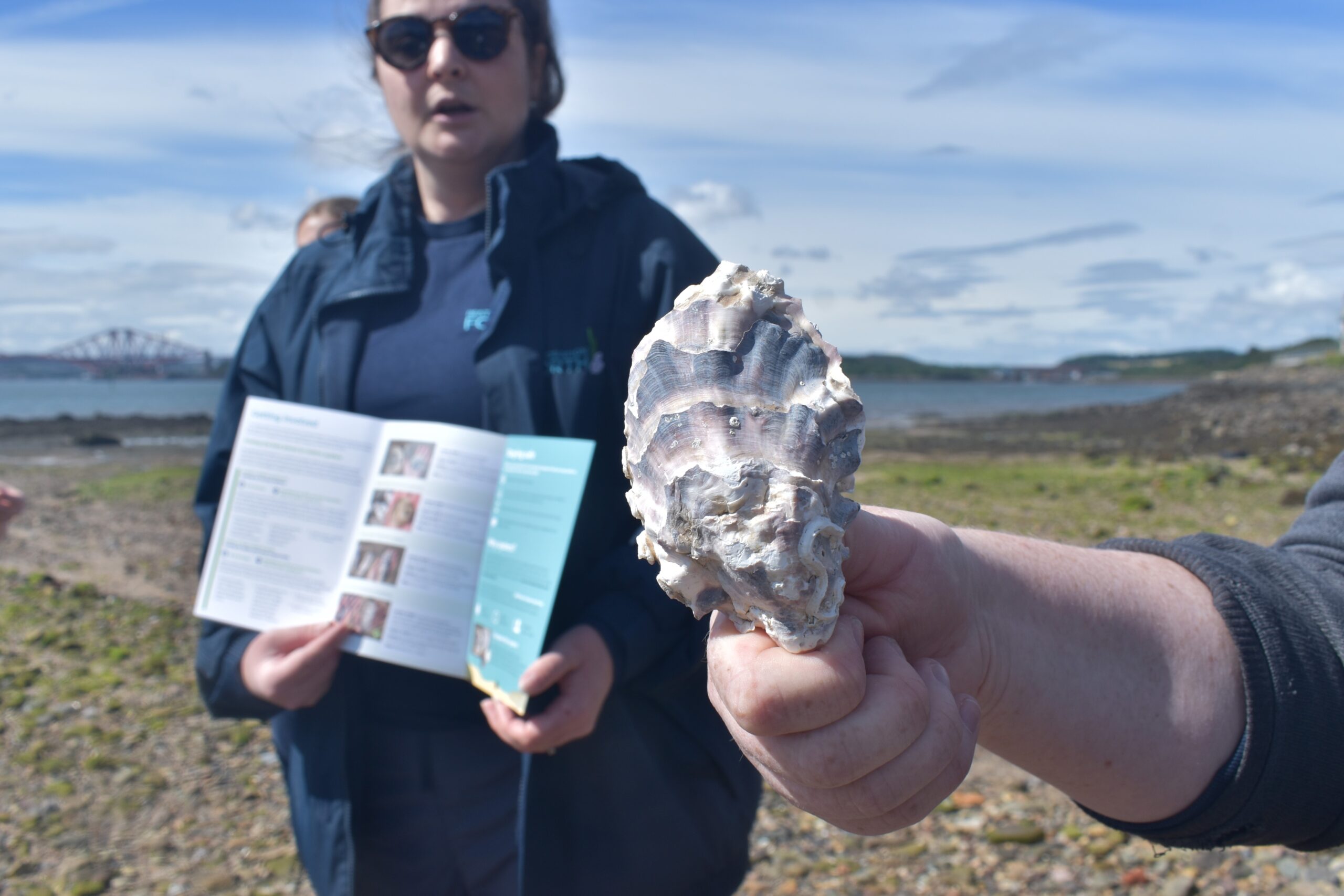- experience
- engage
- enjoy
The Oceans We Enjoy And Rely On Are In Big Trouble
Publish Date: Wednesday October 2, 2024

In the first of two blogs during Fife Climate Festival, our Education Officer, Rich Webster, ponders on the state of our oceans
With the recent spell of warm weather in Fife, my mind has been on making the most of being outside to savour either the late beginning, or rather the end of the summer here.
Like many others, I have a pull to the coast when it’s warm for a sense of adventure and a slower pace. Be it making sandcastles, swimming in the sea or searching for creatures in rockpools at low tide, when the sun is shining there isn’t anywhere better than the beach for me for an all-round immersive relaxing atmosphere.
I found myself yet again drawn to the coast during a particularly warm day. I am fortunate to have been able to visit almost all the many beaches Fife has to offer. But the one I like to visit, that is closest to where I live, is East Sands in St Andrews.
As always, when I was stood in the surf during my evening swim, I got a real appreciation for the oceans and felt incredibly lucky to call this beautiful place home. It wasn’t long until my mind turned to the state of our seas. As I write this at the close of Scotland’s climate awareness week, and during Fife Climate Festival, what better time than now to shine a spotlight on them.
Weather patterns
Oceans cover over 70% of the planet’s surface area and hold 97% of all the water on the planet. The oceans are critical in determining our climate and weather patterns. All life on earth depends on the water cycle; the evaporation of water from the oceans from the sun’s heat, condenses into clouds and falls as rain or other forms of precipitation and then rejoins the sea through our many rivers.
By absorbing heat in the summer and releasing it in the winter, the oceans play a vital role in determining our climate too. Without oceans to regulate the planet in this way, the climate on earth would be bitterly cold year-round.
Ocean life
The oceans team with life. The sea is home to 242,000 known species, (World Register of Marine Species – WoRMS) from the microscopic organisms called phytoplankton to the largest known animal to have ever lived on earth, the blue whale. People have depended on the sea for food, trade routes and for adventure and exploration for thousands of years.
Fisher folk have been reaping the rewards of the sea for generations and pull in on average 90 million tonnes of seafood worldwide each year, (National Geographic Society). But the oceans we all enjoy and rely upon are in big trouble.

Climate change
Climate change is caused by human activity such as the burning of fossil fuels, deforestation and industrial processes. These activities release greenhouse gases such as Carbon and Methane into the atmosphere, which lead to an overall increase in global temperature.
Huge risk
Climate change is the driving force behind the rise in sea levels, more frequent extreme weather patterns and ocean acidification. If these threats are not addressed, everything that depends on the oceans is at huge risk. Data from 2021 shows ocean heat content and sea level rise at its highest ever level, (Met Office, 2021).

As this data shows, the rate at which the sea level rises year on year, has been accelerating over the last 30 years. While only a few millimetres of sea level rise might appear to be very small, scientists estimate that for every 2.5 centimetres of rise, 2.5 metres of beach front is lost on the average coast.
Next time…what you can do to help mitigate climate change.
Take a dive into the other beaches FCCT manage.


